Opportunities & Challenges in Insurance Industry – An Adjuster Overview
What are some opportunities and challenges in the insurance industry?
The insurance business is undergoing changes as a result of the shifts from migration, technology advancements, and talent shortages, all of which are encouraging young professionals to seek a secure and fulfilling career path with an insurance company.
Because of the broad nature of the insurance industry, there are opportunities for those with a diverse range of interests, skill sets, and experience. Whatever your educational or professional experience, the insurance sector is sure to provide a career option for you.
An insurance company, for example, may have the following roles:
• Accounting
• Data analysis and data science
• Actuarial science
• Risk management
• Business operations
• Administration
• Sales
• Customer service
• Human resources
• Legal
• Marketing
• Training and Development
• Medical, including clinical
• Product development
• Software development and management
• Information technology
• Underwriting
• Claims Adjuster
Insurance Risk Manager
Work with businesses to discover the best ways to protect themselves from loss and damage.
Claims Adjuster
Assist persons who have experienced physical injury or property damage in getting back on their feet.
Broker and Agent
Develop strong personal and commercial ties to assist clients in obtaining the type of protection that will offer them the most peace of mind.
Underwriter
Assess and analyze personal and company risks on behalf of the insurance sector in order to establish coverages that protect lives, properties, personal belongings, and enterprises.
Loss Control Specialist
Assist underwriters in determining risk by investigating and examining organizations in order to identify and describe loss exposure.
Actuary
Determines the risk of insuring a person’s life, property, health, or business.
Insurance Adjusters Overview
Adjusters examine claims for property damage or personal injury to decide how much the insurance company should pay. They could look at a house, a company, or a car.
Adjusters interview claimants and witnesses, check the property and do further investigation, such as reviewing police reports. Other employees, such as accountants, architects, construction workers, engineers, attorneys, and physicians, may be consulted to provide a more expert assessment of a claim.
Adjusters compile data, such as images and statements, which are either written or captured on audio or video and compile a report for claims examiners to review. The adjuster negotiates with the policyholder and settles the claim when the examiner authorizes it.
Adjusters collaborate with attorneys and expert witnesses to defend the insurer’s position if the claimant opposes the outcome of the claim or the settlement.
Education Required
Working as an entry-level claims adjuster or examiner normally requires a high school diploma or equivalent. Employers, on the other hand, may prefer to recruit candidates with a bachelor’s degree or prior insurance-related job experience.
Training Required
Claims adjusters, examiners, and investigators begin their careers by working on modest claims under the guidance of an experienced professional. They are handed larger, more difficult claims as they gain experience in claims investigation and settlement.
From 2016 through 2026, the predicted percent change in employment is -1 percentage point (It doesn’t matter if it’s a small or no difference.
(All jobs have an average growth rate of 7%.)
Licenses/Certifications
Claims adjusters, appraisers, examiners, and investigators must all be licensed in their respective states. Some states have minor requirements, while others need completion of pre-licensing courses or a passing score on a licensing exam (or both).
Average hourly wage: $63,670 Annual Salary $30.61 per hour usually for Claims Adjusters, Appraisers, Examiners, and Investigators
Source: https://www.bls.gov/ooh/business-and-financial/claims-adjusters-appraisers-examiners-and-investigators.htm



